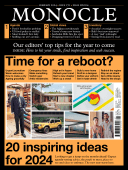
- Issue 170
- February 2024
Issue 170
Looking to get a jump on the months ahead? Expect agenda-setting advice, the people to meet, places to see and ideas to embrace. The new year starts here.
In This Issue
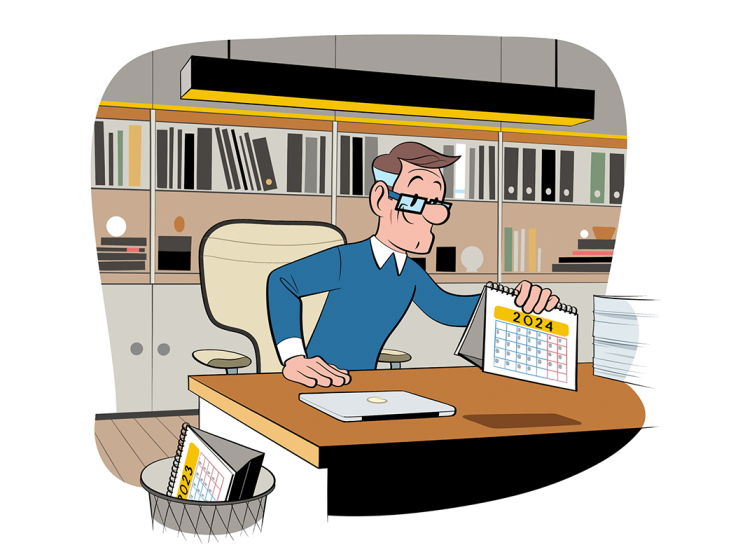
- 170 | Issues
- 4 min read
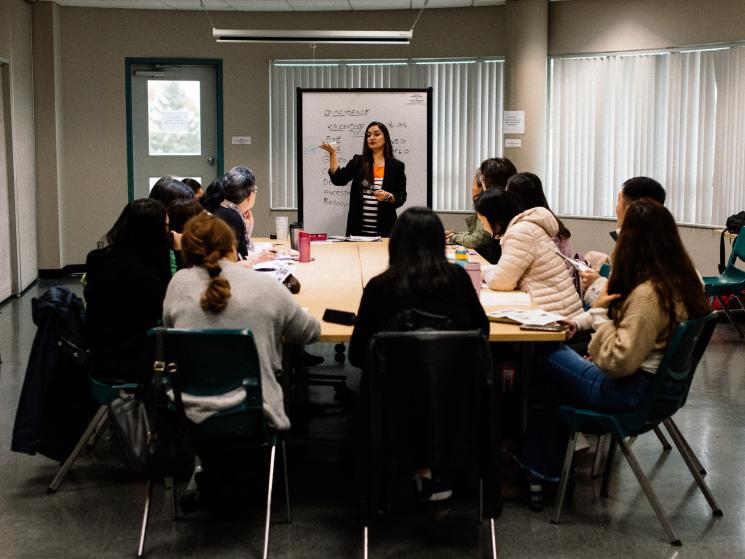
- 170 | Issues
- 6 min read
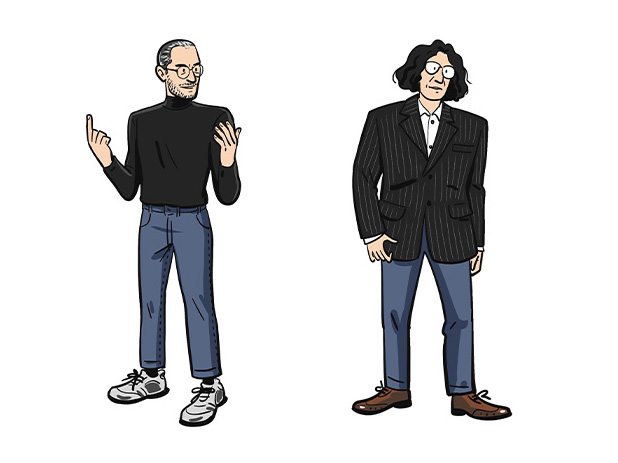
- 170 | Issues
- 5 min read
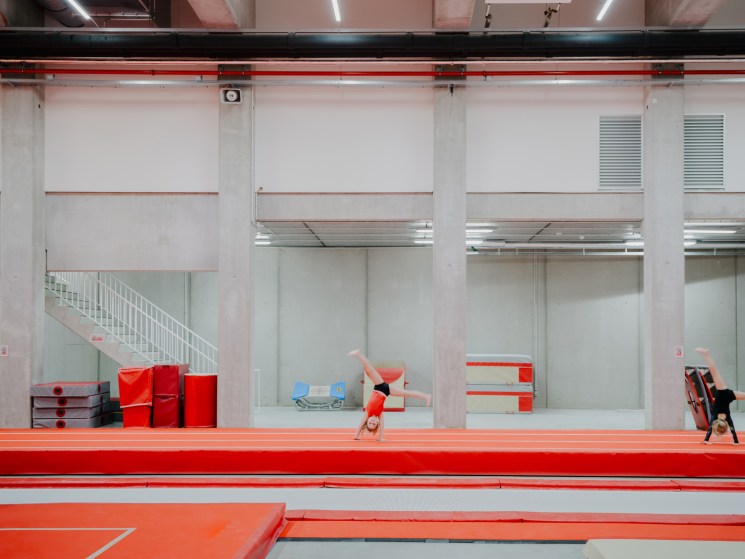
- 170 | Issues
- 6 min read

- 170 | Issues
- 4 min read

- 170 | Issues
- 5 min read
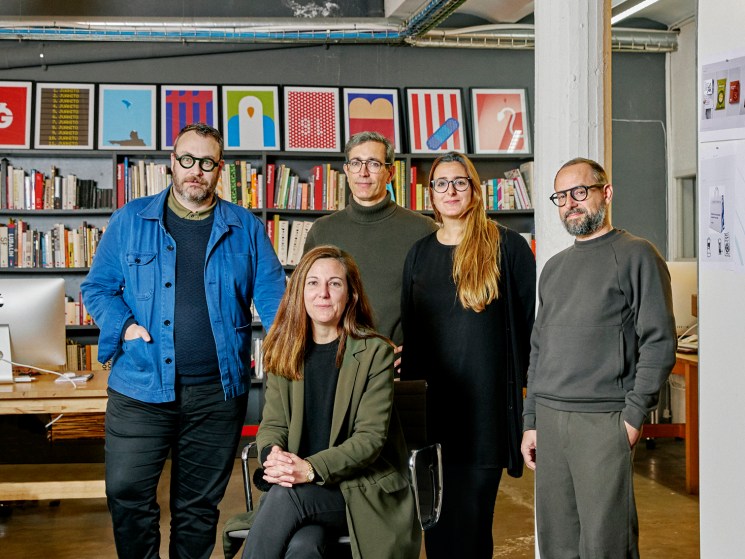
- 170 | Issues
- 4 min read
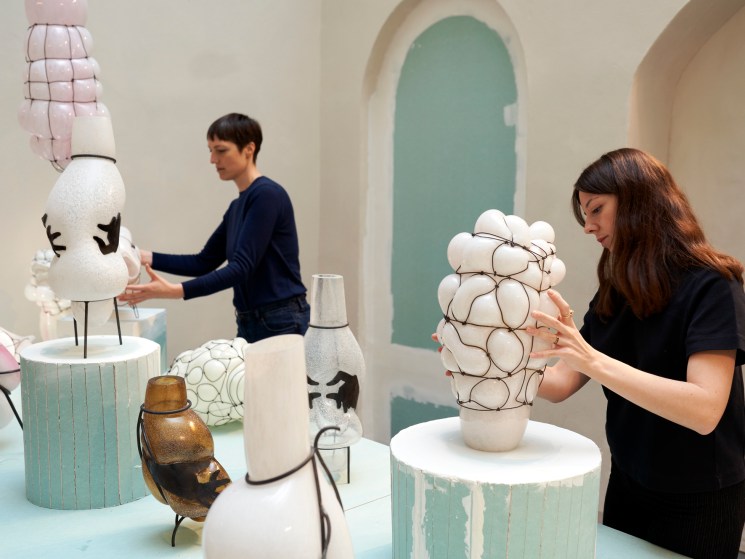
- 170 | Issues
- 6 min read
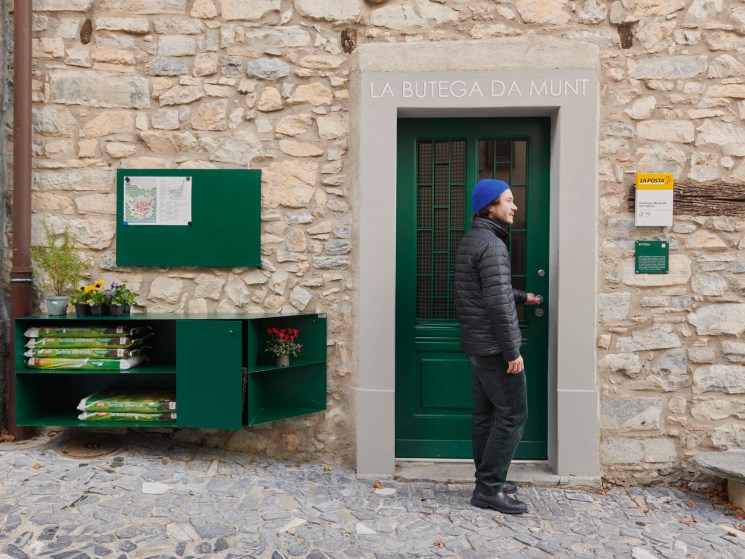
- 170 | Issues
- 6 min read
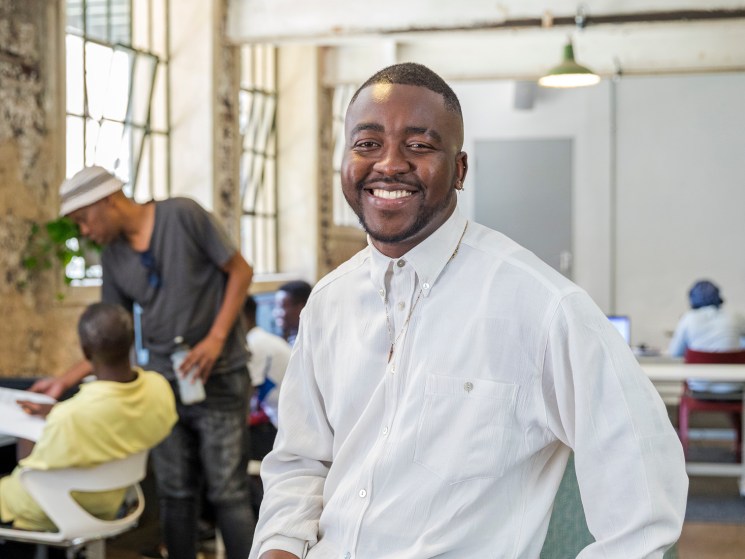
- 170 | Issues
- 4 min read
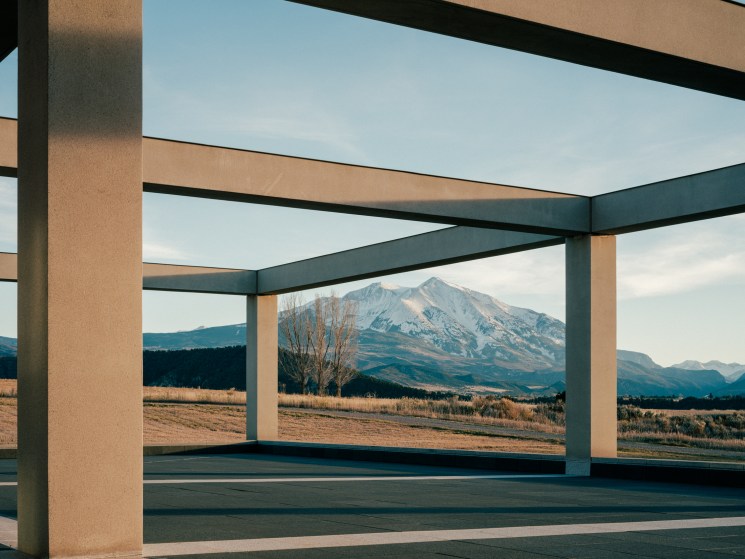
- 170 | Issues
- 8 min read
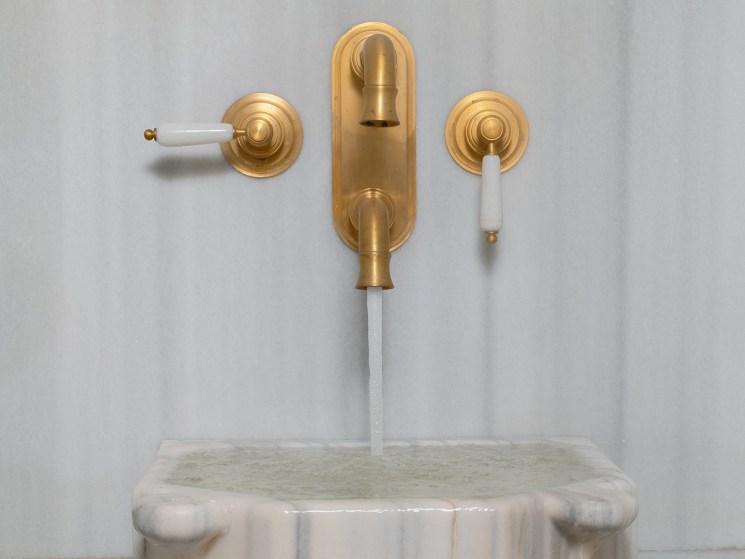
- 170 | Issues
- 3 min read


